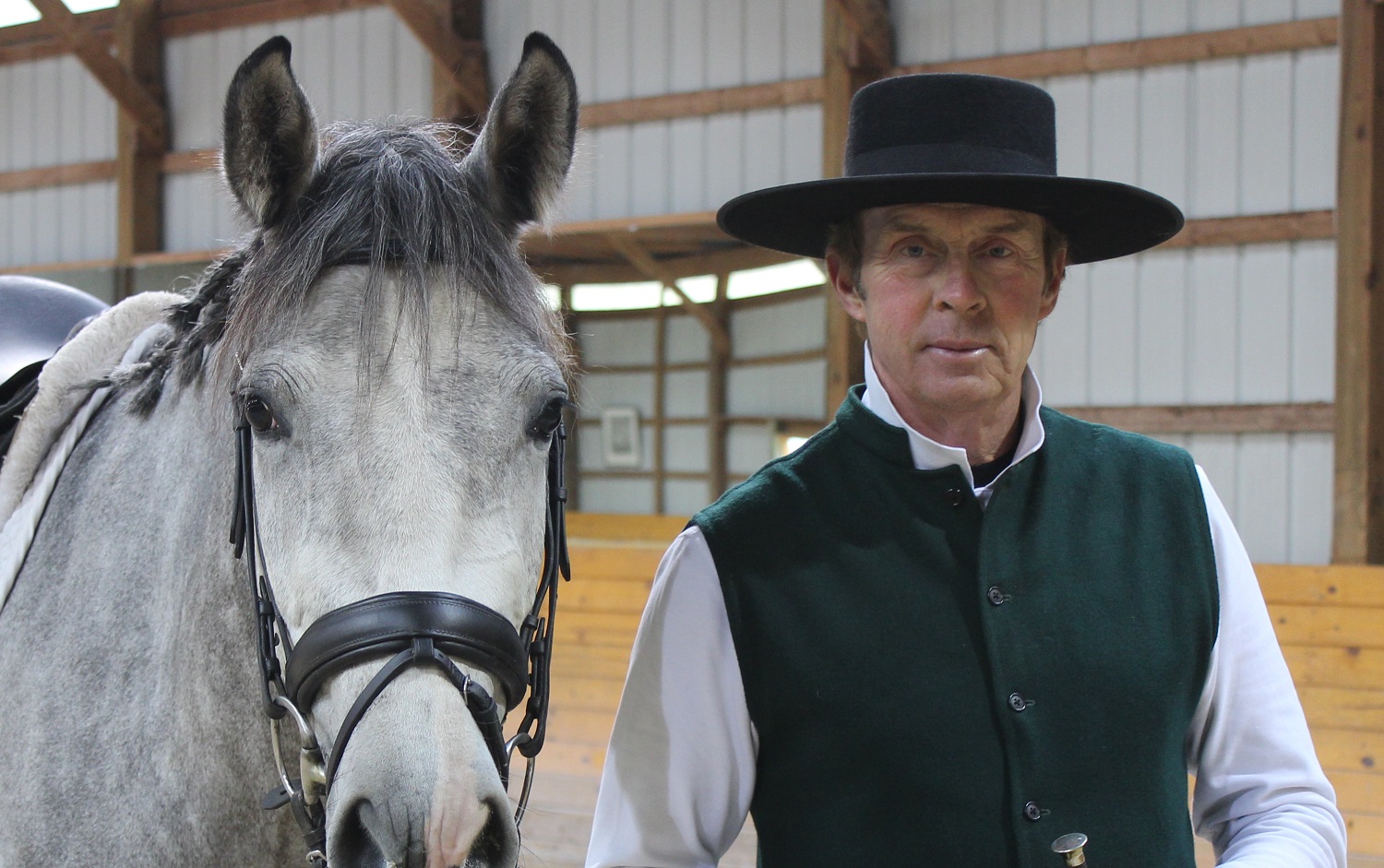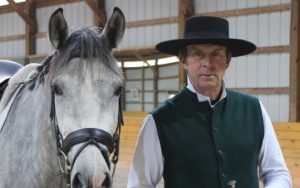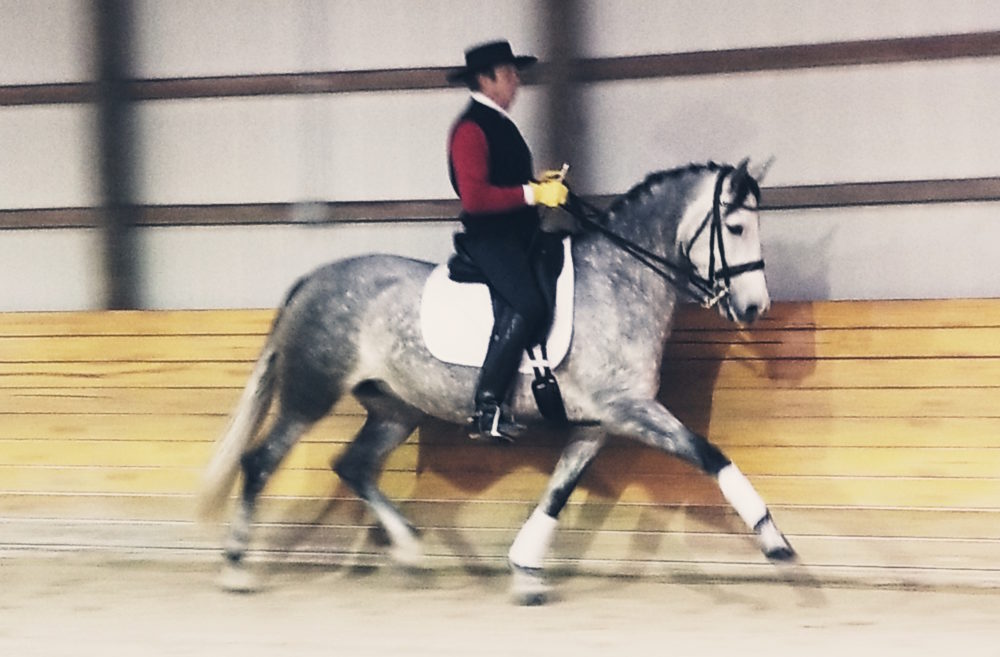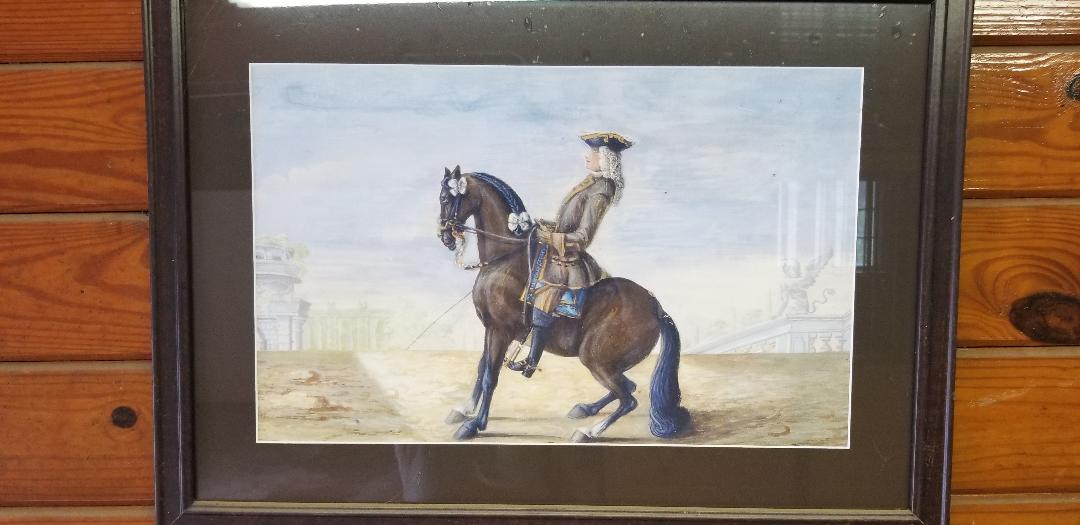
17 Dec Teaching, Criticism and Self Esteem
“Sticks and stones will break my bones, but words will never hurt me.”
– Children’s rhyme.

I know an instructor who always has a full book of lessons. All her lessons are positive; many of her students don’t seem to mind her slightly patronizing tone. The lessons are full of compliments. In the course of ten years, none of her riders have improved very much. Some have had multiple horses.
Criticism is a building block to mastery. To whom do you entrust the power to evaluate your efforts? To whom to you give the authority to direct your hard work and money? If you choose the wrong help, they can have you waste years of your life practicing dubious techniques with incorrect feedback, and create ceilings on your possible performance. You may buy into an apparently premier program that breaks down horses instead of developing them. Any student must understand something about criticism.
One of the first elements in understanding criticism is to understand its connection with self esteem.
In a paper that appeared in the Journal of the American Psychological Association, Jennifer Crocker and Lora E. Park wrote an extensive article on the costly pursuit of self esteem:
“A recent and extensive review concluded that high self esteem produces pleasant feelings and enhanced initiative, but doesn’t cause high academic achievement, good job performance or leadership. Nor does low self esteem cause violence, smoking, drinking, taking drugs, or becoming sexually active at an early age. [Furthermore]…in the pursuit of self esteem people often create the opposite of what they need to thrive…this pursuit has high cost to others as well…”
When people have self-validating goals, mistakes, failures, criticisms, and negative feedback are self threats rather than opportunities to learn and improve.
Self esteem is a much thrown around idea, unfortunately it has little to do with performance, and contrary to what a lot of people believe, its pursuit can have significant harmful effects.
Is all criticism valid or helpful? Of course not. My experience has shown me a couple of general rules which can help you evaluate the evaluation.
To me, criticism without corrective advice is almost worthless. To point out things that are wrong, without suggestions or corrections and immediate feedback as to whether this correction has been effective, is stating the obvious. It is very easy to do. People with no experience in dressage can often pick out faults of very good riders. It is much more difficult to pick one, two or three corrections which would make a quantum leap in the rider’s performance.
Criticism can come in distasteful forms. I have taken lessons from people whom I would never choose as a friend or mentor, or would I even choose to socialize with them, but I felt they possessed a certain expertise with technical problems I felt I needed to explore. You have to develop a little hard bark on your psyche to put up with these situations. During those sessions, I think the student has the absolute right to a single question, asked at the right time and as politely as possible, with no defenses or excuses: Sir or Madam, How can I make it better? If they can’t or won’t answer, you may need to work with someone else.
Having said that, there is of course a line of self respect that can’t be crossed over. If you feel the criticism or the influence or the direction of the instruction has crossed some boundary, then you should get help. A look at the US Olympic gymnastics disaster as a model will inform you of those cult-like extremes, where performance overtakes ethics.
On face value, criticism can fall into different obvious categories, which will determine how useful it is.
Political criticism: I have very little respect for judges who know something, in this case, about dressage, and when judging by themselves and when there are not famous riders showing, can actually give riders some good advice or feedback; but when these same judges have to judge in a group of judges, as at larger shows or the higher levels, or have to judge well-known riders, they cave in and show vast discrepancies from their normal judging. These judges’ critiques cannot be trusted because they have a “floating eye,” and work from a system of integrity that is adjustable. You can never know what side of the line their assessment is on. They can’t be trusted even at the elementary level. When criticism gets guided by social pressures and rewards instead of fundamental bio-mechanical and philosophical principles, it just confuses the participants and observers, and can backfire in improving performance.
Sometimes criticism can seem to waffle or be tinged with doubt. Don’t patently dismiss a reticent coach or critic. It is possible they are trying to work out a proper answer or strategy. If you give them a little time, you may be the beneficiary of their research. Only a monster ego always has an answer to every problem or mistake a rider is making. Sometimes a person of great integrity has too little knowledge to present useful criticism. They can be very earnest, but issue advice that has long been proven ineffective or doesn’t take into account the most current science on movement, etc. It goes back to the idea that the presentation of the information is not as important as the information.
The teacher/coach/critic does not have to be a stand-up comic. They don’t need to be able to play to an audience like an actor. They need to commit to the student or person they are judging.
Criticism must be clear, lucid and consistent. As I have said before, the feedback needs to be immediate so the recipient can begin to learn to self-correct, to feel when they are making mistakes, what might have contributed to a failure.
In the end, criticism in general will be the best when it comes from someone with the most expertise. Remember that failures generate success; correcting of failures is the route to success. Just be careful not to make failure admirable and turn your pursuit into a lifetime story of rationalizations, excuses or bragging. The goal is not to fail or succeed, it is to improve.
– Paul Belasik



